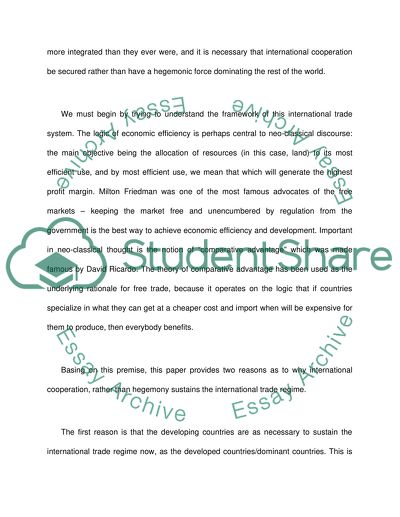Cite this document
(“Sustainability Of The International Trade Regime Term Paper”, n.d.)
Retrieved de https://studentshare.org/macro-microeconomics/1581448-sustainability-of-the-international-trade-regime
Retrieved de https://studentshare.org/macro-microeconomics/1581448-sustainability-of-the-international-trade-regime
(Sustainability Of The International Trade Regime Term Paper)
https://studentshare.org/macro-microeconomics/1581448-sustainability-of-the-international-trade-regime.
https://studentshare.org/macro-microeconomics/1581448-sustainability-of-the-international-trade-regime.
“Sustainability Of The International Trade Regime Term Paper”, n.d. https://studentshare.org/macro-microeconomics/1581448-sustainability-of-the-international-trade-regime.


